What Are the Best Mulches for Weed Control? 7 Great Options (With Pictures)
-
Codee Chessher
- Last updated:
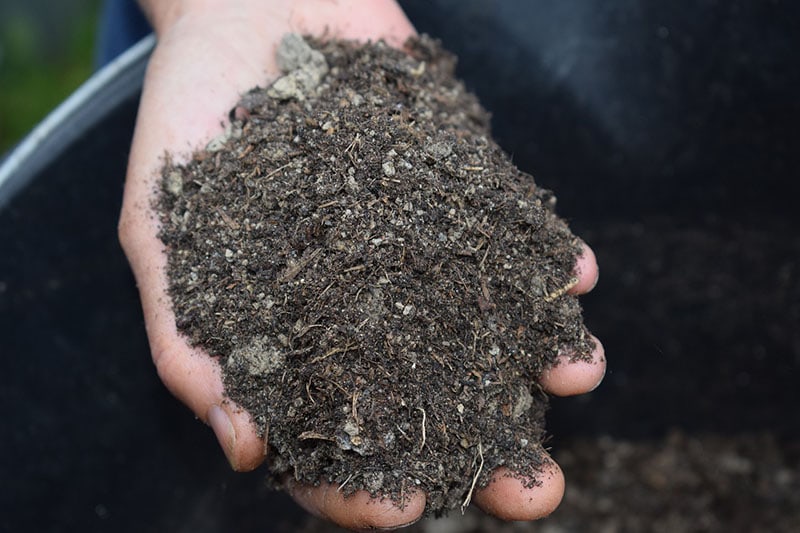
Mulch is a staple in any garden, shading the soil and helping it stay moist so you don’t have to water it as often in high heat. There are numerous types of materials you can use to mulch your garden, and they all have their own unique pros and cons.
In this article, we’ll go over some of the most popular mulch materials you can use and when you might want to use them. Let’s dive in below.
 How Is Mulch Useful?
How Is Mulch Useful?
Flower shrubs, vegetable plants, and numerous other types of plants can benefit from the strategic use of mulch. Without it, the soil around plants gets dry and can crack and compact.
Mulch cools plant roots from summer sunshine, which will retain water in the soil. That means you don’t have to water as often. The other major use of mulch is to prevent weeds. Used in thick layers, mulch serves as a solid barrier against weeds. Their seeds won’t be able to penetrate into the soil to take root.
Mulch comes in two major types: organic and inorganic. Organic mulches will typically decompose into the soil and release beneficial nutrients for nearby plants. Inorganic mulches are made from artificial materials and won’t decompose or release nutrients. Their main use is when you don’t want to spend much time in the garden.
The 7 Great Mulch Options for Weed Control
1. Grass
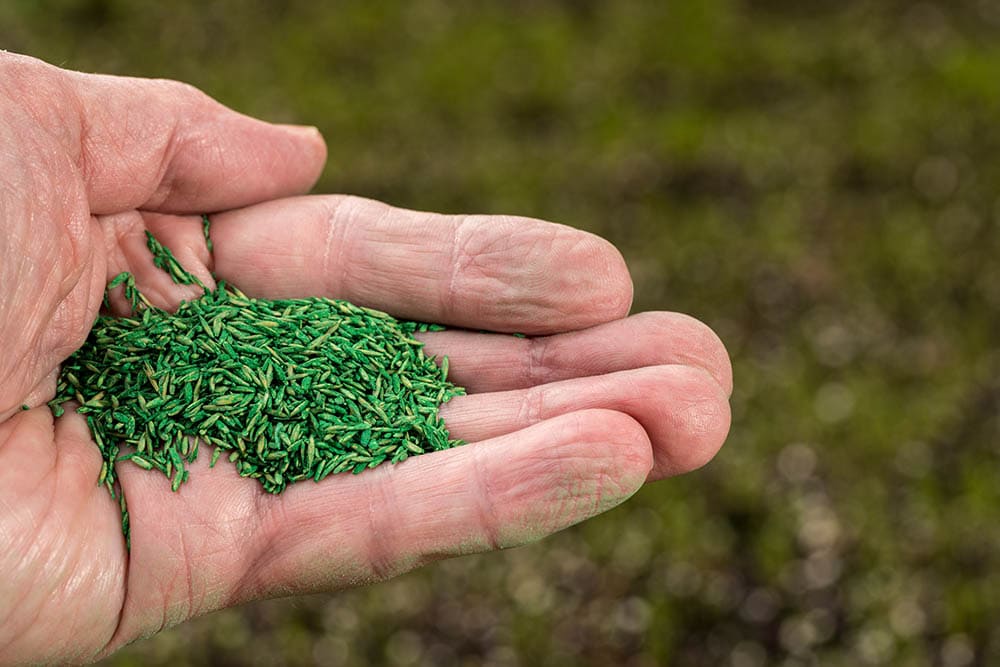
- provides nitrogen to soil, helps retain water in the soil, prevents weeds
Fresh grass clippings are a free and easy way to mulch your plants, albeit not a perfect one. You have to reapply grass frequently and take care not to use too much at once. Thick piles of grass clippings will trap heat as they rot instead of feeding the soil and preserving moisture.
For the best results, only use grass clippings during the hot summer months. During the spring when plants flower, avoid using grass clippings because it’s thought to inhibit blooming.
2. Comfrey
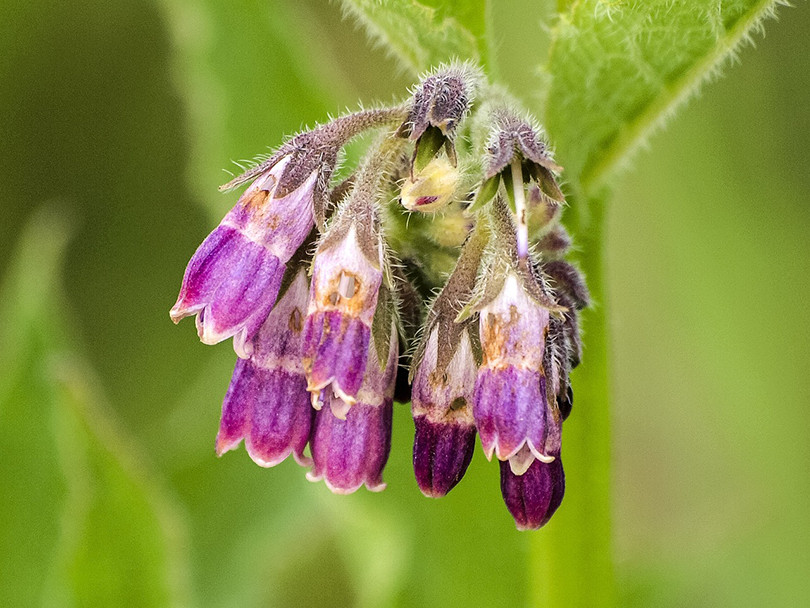
- decomposes quickly, releases nutrients into the soil, retains moisture, attracts beneficial soil life
Picking comfrey leaves and laying them as mulch can have numerous beneficial effects in a flower or vegetable garden. They need to be replaced often because they decompose quickly, releasing essential nutrients like potassium into the soil.
For the best results, mix with grass clippings and spread thin, even layers for even decomposition and to prevent heat from getting trapped.
3. Shredded Bark
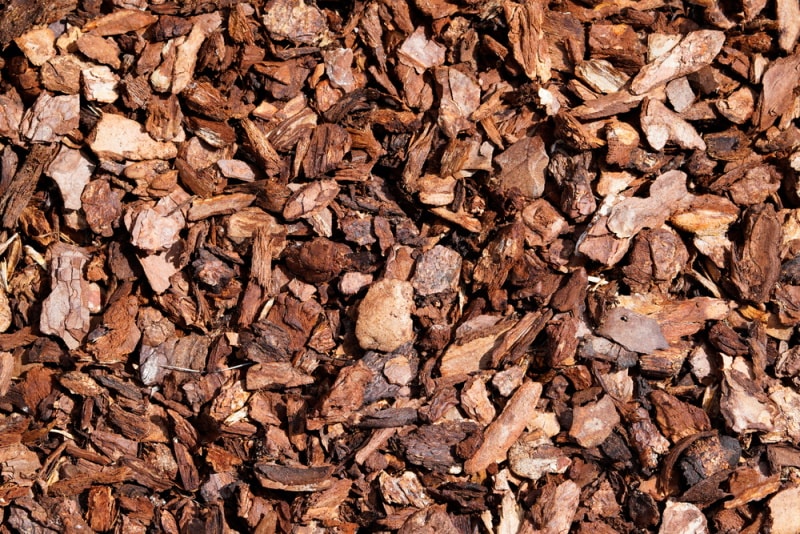
- affordable, slowly releases nutrients, eco-friendly
Shredded bark is a very popular organic mulch because it’s inexpensive and lasts a long time. It helps regulate moisture in the soil, shade from the sun, and breaks down into juicy nutrients for your plants.
The only real downside is that shredded bark may suck up nitrogen from the soil. Combat this with compost or other green organic material. Finally, shredded bark is typically a byproduct of other industries, which makes it eco-friendly.
4. Straw
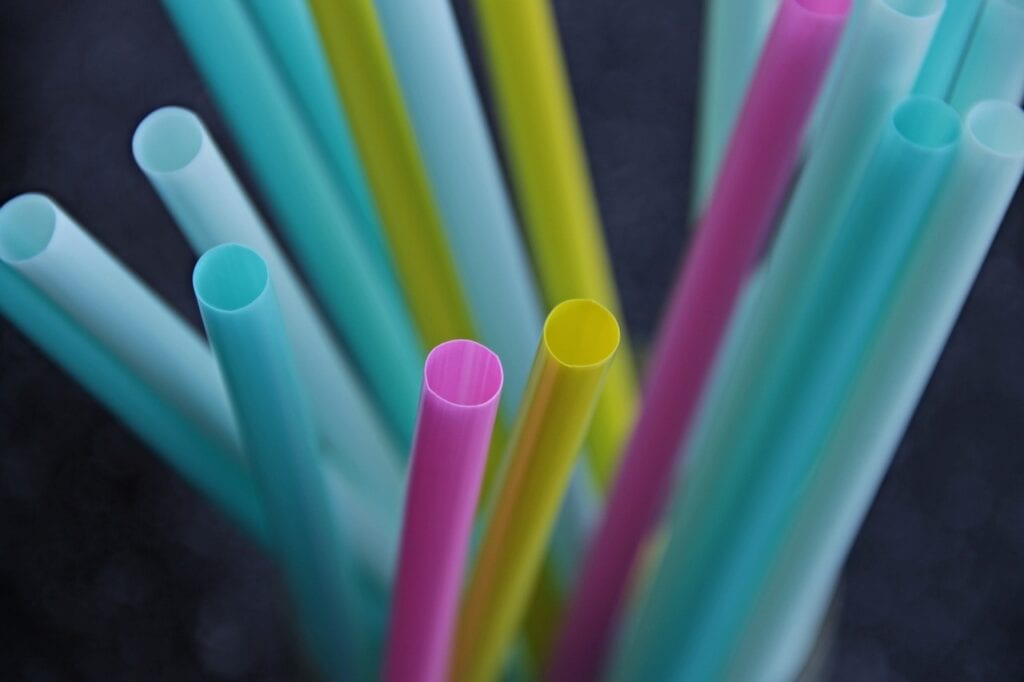
- cheap, lasts longer than grass clippings, attracts birds
Straw is a classic mulch in any rustic garden or strawberry farm, shading the soil and regulating water intake for plants. It’s widely available from a variety of plants. Dried grass and pea straw are both popular options.
If possible, opt for a sterile straw that doesn’t have seeds mixed in. They attract birds but can introduce undesirable plants to the environment. Depending on the look you want, you can break the straw in half or use long pieces.
5. Compost
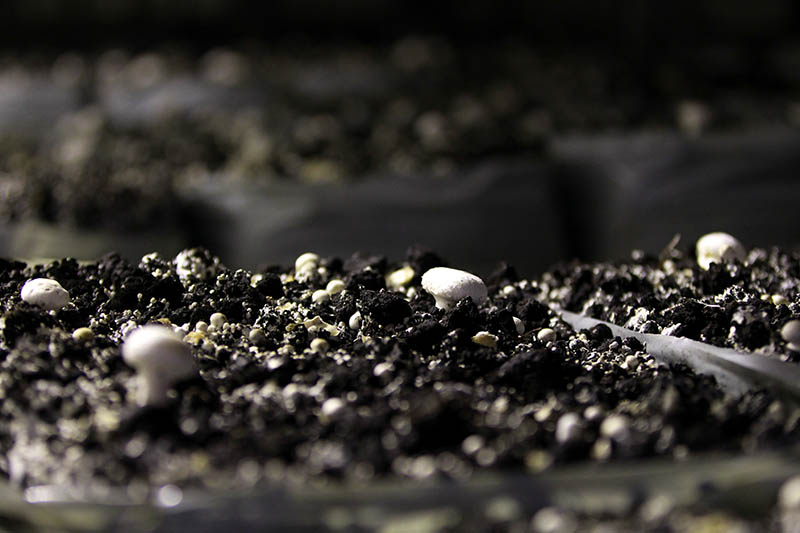
- affordable, you can make it at home, releases nutrients into soil, improves soil structure, and improves drainage
Compost is called black gold by gardeners for good reason—it’s partly decomposed organic matter with a black soil-like texture. You can make it yourself for next to free by collecting organic waste like grass clippings, kitchen waste, fruit rinds, and stuff lying around the yard.
Compost looks like high-quality potting soil and contains even more nutrients. The main con of using compost as mulch is that it’s actually a perfect growing environment for weeds.
6. Wood Bark Chips
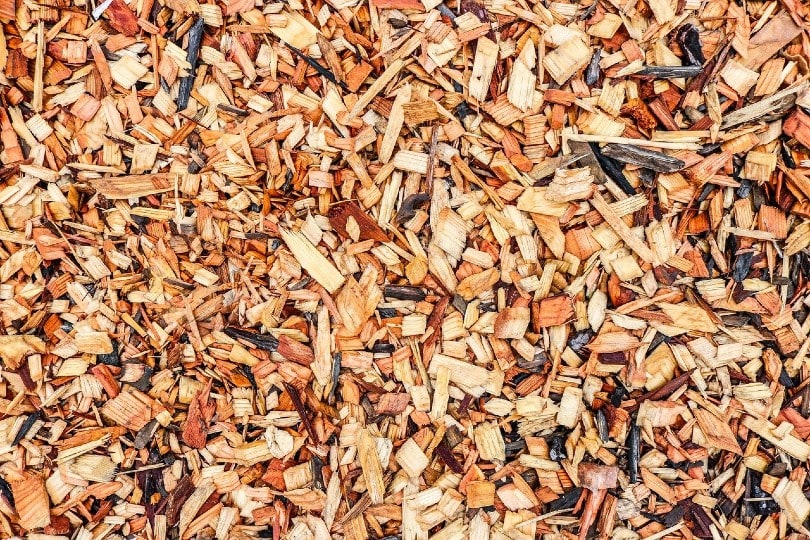
- break down more slowly than shredded bark, prevents weed growth, prevents soil erosion
Bark chips are an attractive and easy-to-use alternative to shredded bark, which is hard to spread around large plants. Wood bark chips are typically made of cedar, but there are numerous types available.
Chips break down slowly, lasting up to 3 years in some cases. Best of all, they release nutrients into the soil. This makes them the most similar organic mulch to rubber mulch.
If you’re set on bark chips like a lot of other homeowners, we recommend the Preen Mulch Plus Weed Barrier. Because it has weed control already built in, it’s going to work extra hard to keep them at bay.
7. Rocks
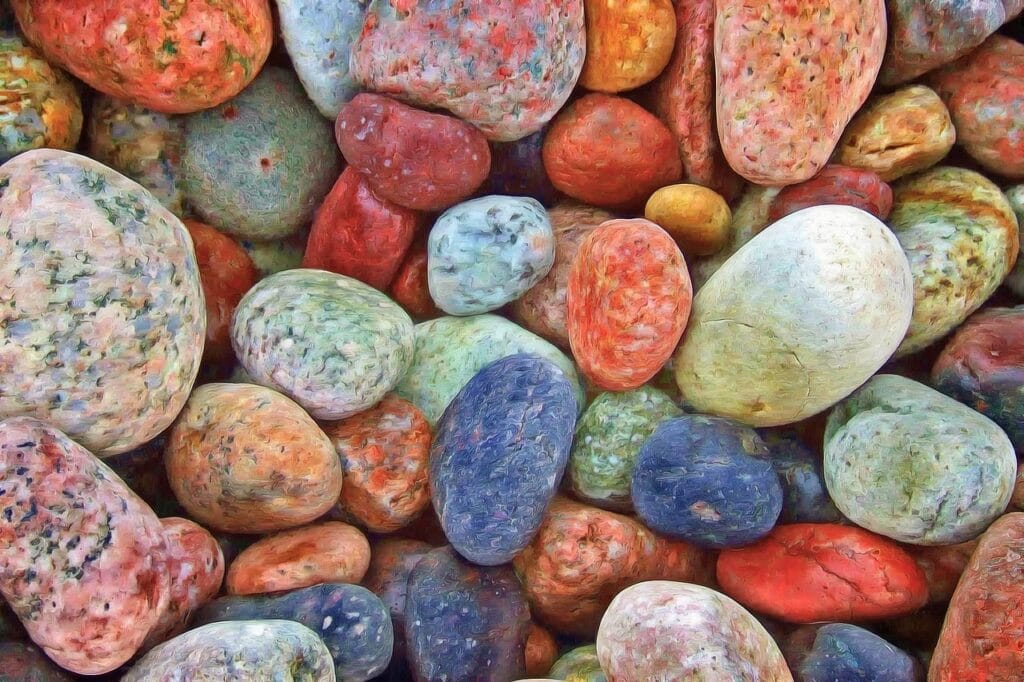
- permanent mulching solution, helps retain moisture and shade soil, prevents weeds
Small stones can be used to mulch plants and are widely popular in cactus gardens. It’s pretty good at preventing weeds on its own if you use it in thick, even layers, but using it on landscaping fabric can guarantee weed suffocation.
Rock mulch isn’t great in hot climates because it holds much more heat than organic mulch, like bark.
Conclusion
Mulch is an invaluable ally for any gardener, but it can be tricky to tell which you should use. Shredded bark or bark chips are a classic organic mulch suitable for nearly any situation, but you may opt for rocks if you live in a cooler climate. Tailor your mulching strategies to match the situation and your plants will thank you for it.
- Related Read: What are the Best Organic Mulches? 7 Great Options
Featured Image Credit: Jenny Johansson, Pixabay
Contents
 How Is Mulch Useful?
How Is Mulch Useful?